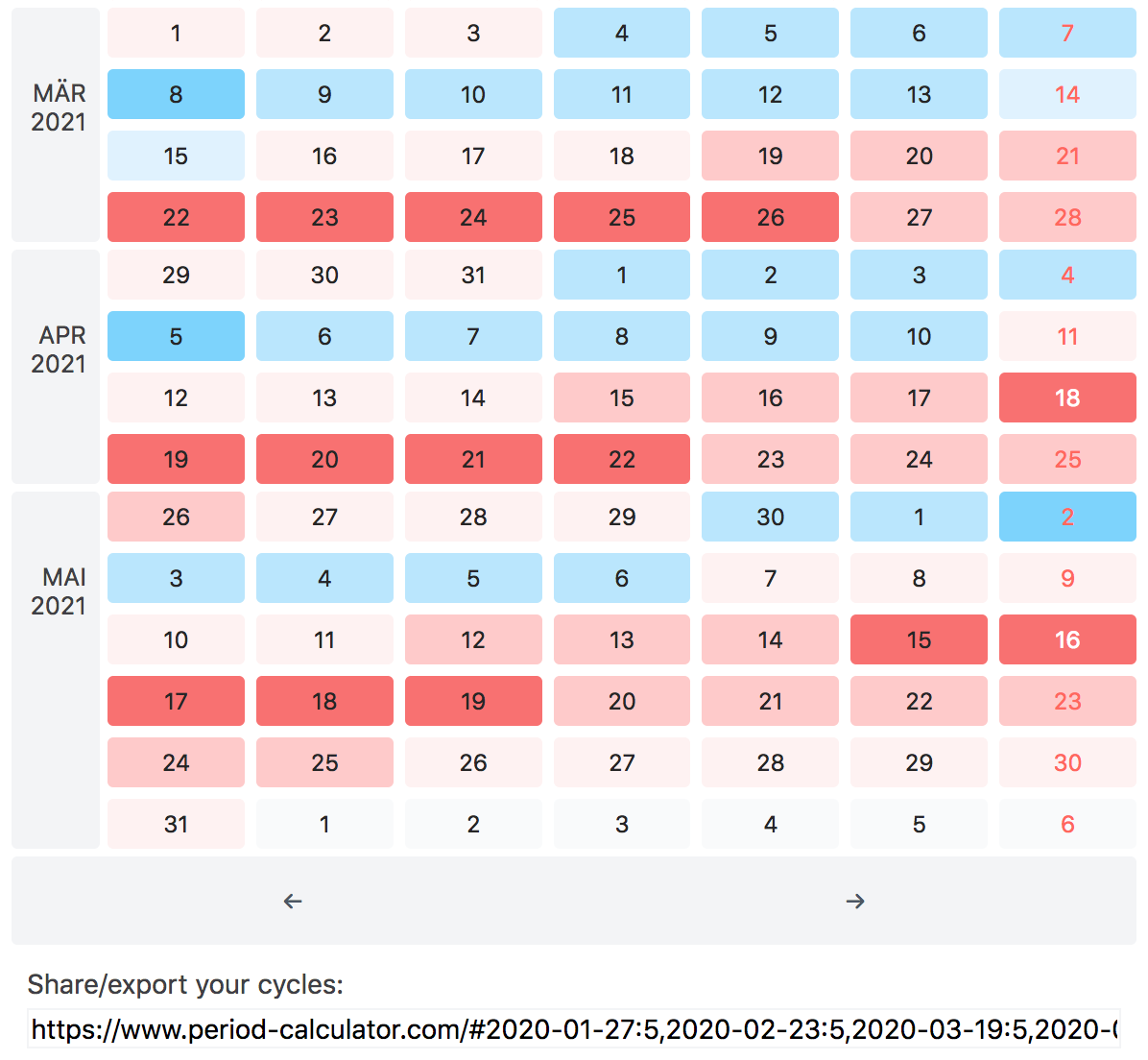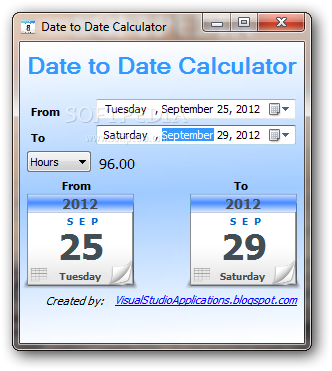
Using an inaccurate last menstrual period (LMP) date: If a woman is unsure of her LMP date or has irregular periods, this can lead to an inaccurate due date calculation.There are several possible errors that can occur when calculating an EDD. What are some possible due date calculation errors? Ultimately, the actual date of delivery can depend on many factors, and the pregnancy calculator should be used as a general guide rather than an exact prediction. If there is any concern about the growth or development of the fetus, your healthcare provider may change the due date accordingly. It's important to remember that the due date is just an estimate, and your healthcare provider will monitor your pregnancy to ensure that everything is progressing as expected. Additionally, ultrasound measurements used to estimate the gestational age of the fetus can also have some degree of error. The due date predictor assumes that a woman has a regular menstrual cycle of 28 days and ovulates on day 14, which may not always be the case. The actual date of delivery can vary depending on various factors such as the length of the menstrual cycle, ovulation, and the growth rate of the fetus. Is the pregnancy calculator always accurate?ĭue date calculator is not always accurate because it is based on estimates and assumptions. Your healthcare provider will monitor your pregnancy and make adjustments to your EDD if necessary. Only about 5% of babies are born on their due dates. It's important to remember that the due date is only an estimate and the actual date of delivery can vary. This method is more accurate and can be used to adjust the due date if there is a discrepancy between the EDD based on the last menstrual period and the ultrasound measurement.

In reality, not all women have a regular menstrual cycle, and ovulation can occur at different times.Īlternatively, healthcare providers can use ultrasound scan to estimate the gestational age of the fetus and calculate the EDD. However, this method of calculating the EDD assumes that the woman has a regular menstrual cycle of 28 days and ovulates on day 14.

The due date is estimated to be 40 weeks or 280 days from the first day of the last menstrual period. A due date predictor is usually based on the first day of the woman's last menstrual period and the average length of her menstrual cycle.


 0 kommentar(er)
0 kommentar(er)
